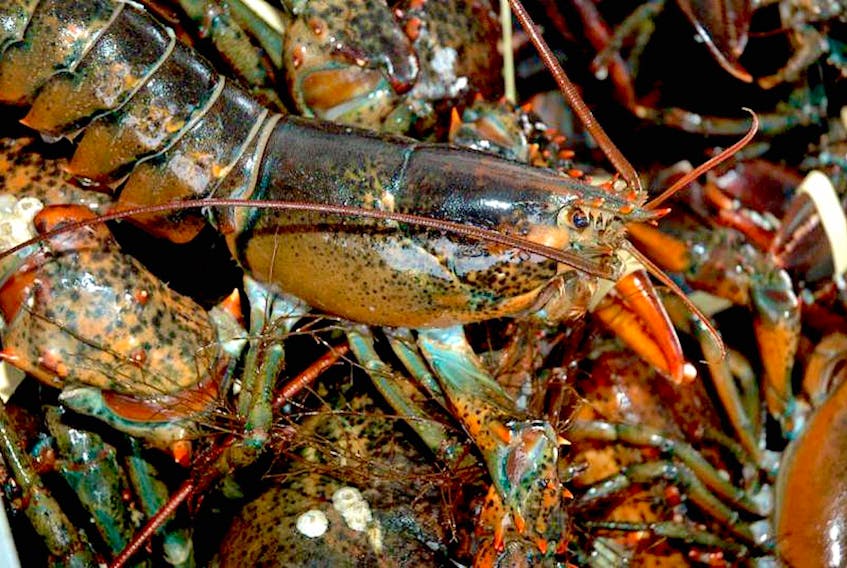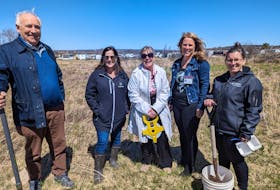The reactivation of dormant lobster fishing licences by the federal government has prompted a terse statement from the P.E.I. Fishermen’s Association (PEIFA) and the Maritime Fishermen’s Union (MFU).
The two organizations say they were left out of consultation over the reactivation of 10 lobster licences by the Department of Fisheries and Oceans (DFO) in the Lobster Fishing Area (LFA) 25, located on the western end of the Northumberland Strait between P.E.I. and New Brunswick.
The 10 licences will be assigned to Indigenous communities in the Maritimes through the federal government’s rights and reconciliation process.
“This is just another example of decisions that put our fisheries at risk,” MFU president Gaëtan Robichaud said in the statement.
The statement suggested the reactivation of the 10 licences represented a “new fishing effort” and raised concern about the impact the new licences would have on conservation and the sustainability of the fisheries in LFA 25.
The statement said fishermen were “frustrated” by the lack of consultation prior to the decision and called for the federal government to bring together Indigenous and non-Indigenous fishermen’s organizations.
In a phone interview, PEIFA executive director Ian MacPherson said the licences were deactivated by DFO about 20 years ago.
“Generally, the practice is to retire them, like take them right out of the system. But these particular licences, they were banked,” MacPherson said.
"They were set aside versus being decommissioned or deactivated."
Many within the lobster fishing industry had simply forgotten about the dormant licences. MacPherson said DFO recently announced the reactivation of the 10 licences, for use as early as the current fishing season.
MacPherson said his organization has no quarrel with fishermen from First Nations communities. He reiterated he believed the issue was about lack of consultation by the federal government with fishermen’s organizations.
"In terms of them going to First Nations, whatever – that's not the issue at all," MacPherson said.
"There was no discussion on how they were going to be rolled out and where they would be exactly."
But the statement issued by the PEIFA and the MFU prompted a response by the chiefs of the Lennox Island and Abegweit First Nations. A separate statement sent on Thursday from the two chiefs said there is “no legitimate concern respecting conservation” in relation to the “banked licences” being reactivated in Indigenous communities.
The statement also emphasized the entrenched constitutional rights of Mi’kmaq in P.E.I. to fish and noted these rights have been upheld by Supreme Court of Canada decisions, including the 1999 Marshall decision.
“For centuries, we have been denied access to the fishery and our way of life as a result of colonization. The limited access we have to the lobster fishery is not adequate for us to realize a moderate livelihood,” Chief Darlene Bernard of the Lennox Island First Nation said in the emailed statement.
“The number of lobster fishing licences held by the Mi’kmaq in the Atlantic region is a very small percentage of the licences held by non-Indigenous fishers," Chief Junior Gould of the Abegweit First Nation said in the statement.
The Guardian requested an interview with Gould and Bernard, but the emailed statement said neither wished to comment further on the matter.









